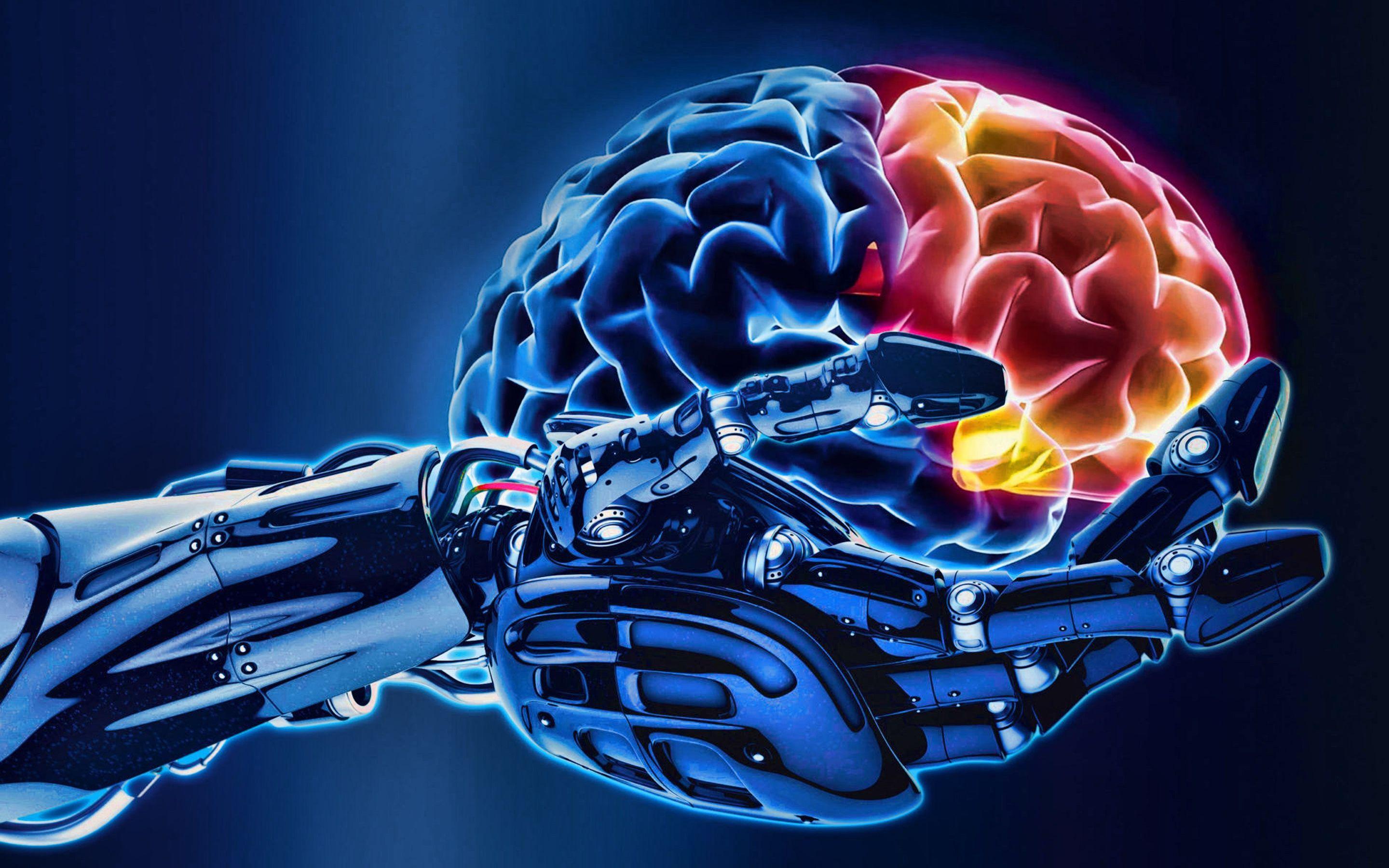Embracing the Digital Minds: Exploring the Future of Artificial Intelligence
Embracing the Digital Minds: Exploring the Future of Artificial Intelligence
Blog Article

In a world where technology continues to shape the very fabric of our existence, artificial intelligence stands at the forefront of innovation. While once a concept relegated to the realms of science fiction, AI has now become an integral part of our daily lives, influencing everything from the way we shop online to the manner in which we drive our cars. As we delve deeper into the complexities of this field, we find ourselves on the cusp of a new frontier, where the potential for AI seems limitless.
From virtual assistants that help us streamline our tasks to sophisticated algorithms that power complex decision-making processes, artificial intelligence has transformed the way we interact with technology. With each passing day, new breakthroughs emerge, pushing the boundaries of what AI can achieve. As we embrace this digital age and welcome the advancements that come with it, we are also compelled to examine the potential implications of a future where AI plays an increasingly prominent role in our society.
Evolution of AI
AI has come a long way since its inception. The roots of artificial intelligence can be traced back to the 1950s, when the concept of intelligent machines first captured the imagination of scientists and researchers. Early AI systems were limited in their capabilities, but they laid the foundation for the sophisticated technologies we have today.
As computing power increased over the years, AI applications began to expand rapidly. Machine learning algorithms became more advanced, enabling AI systems to learn from data and improve their performance over time. This marked a significant turning point in the evolution of artificial intelligence, paving the way for the development of autonomous vehicles, virtual assistants, and other cutting-edge technologies.
Looking ahead, the future of AI holds even more promise. With ongoing advancements in deep learning, natural language processing, and robotics, we can expect AI systems to become even more intelligent and capable. As we continue to embrace the digital minds of artificial intelligence, the possibilities for innovation and transformation are truly endless.
Applications of AI
AI is revolutionizing various industries, enhancing processes and services in profound ways. In healthcare, AI is being utilized for disease prediction, personalized treatment plans, and even robotic surgery. The ability of AI to analyze vast amounts of medical data quickly and accurately is significantly improving patient outcomes.
Another key area benefiting from AI is transportation. Self-driving cars are a prime example, showcasing how AI can enhance safety, efficiency, and convenience on the roads. Traffic management systems powered by AI algorithms are optimizing routes, reducing congestion, and minimizing environmental impact, ultimately transforming urban mobility.
AI is also making waves in the realm of finance, with applications ranging from fraud detection and risk assessment to algorithmic trading. Financial institutions are leveraging AI-powered tools to detect anomalies, predict market trends, and make data-driven decisions at unprecedented speeds. The seamless integration of AI in the financial sector is reshaping the dynamics of the industry and paving the way for more sophisticated services.
Ethical considerations
In considering the ethical implications of artificial intelligence, it is crucial to acknowledge the potential societal impact of these technologies. As AI becomes more pervasive in various domains, concerns arise regarding privacy, data security, and algorithmic bias. It is imperative for stakeholders to address these issues proactively to ensure that AI is developed and deployed responsibly.
One key ethical consideration is the need for transparency and accountability in AI systems. As these systems make automated decisions that can have far-reaching consequences, it is essential for developers and organizations to be transparent about how AI algorithms work and the data they are trained on. Moreover, mechanisms should be in place to hold responsible parties accountable for any negative outcomes resulting from AI applications.
https://www.blab.com
Another important ethical consideration is the potential for AI to exacerbate existing inequalities. If not carefully managed, AI technologies have the potential to amplify biases present in data and perpetuate discrimination. It is essential for developers to prioritize fairness and inclusivity in AI design to mitigate these risks and ensure that AI benefits all members of society equitably.
Report this page